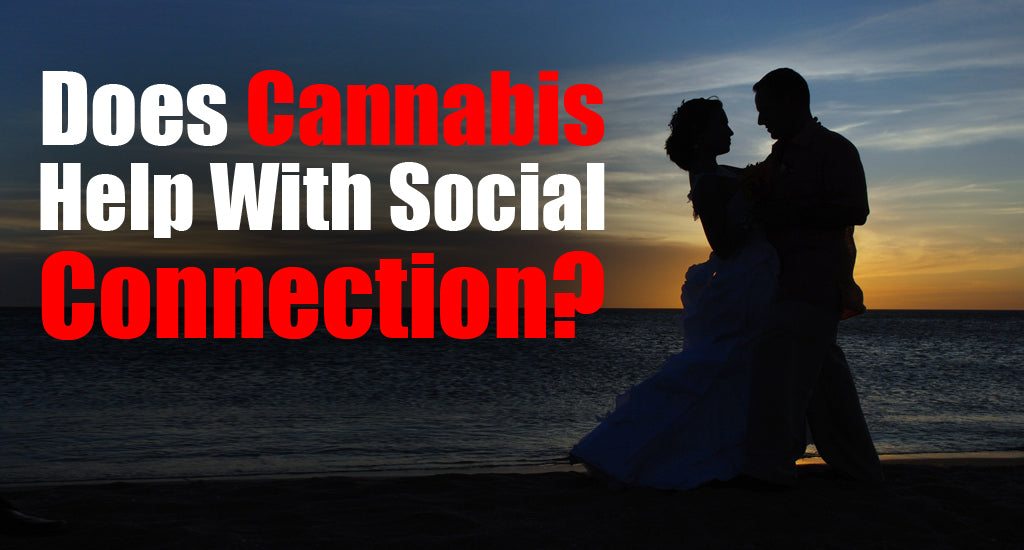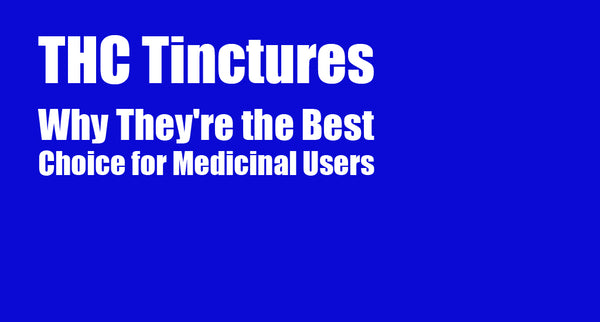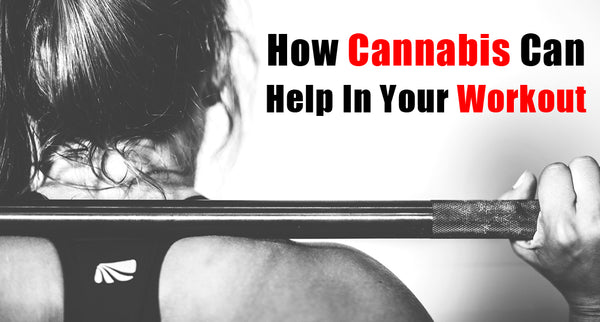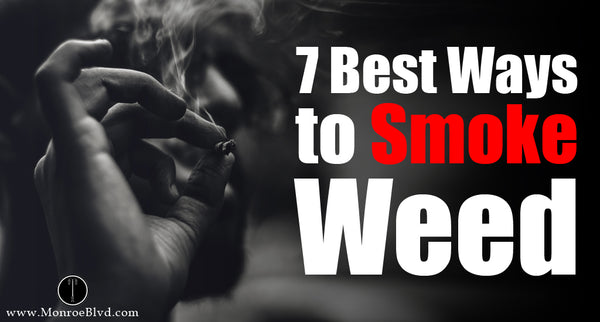
Exploring Cannabis Culture: Navigating Social Wellness, Intimacy, and Connections
As a social guru, spiritual counselor, budtender and someone who spent 10 of the last 11 years single, I’ve noticed some disturbing trends amongst hetero-normative women and men within the cannabis community regarding social wellness and forming intimate connections. In states where legal cannabis products are available, there seems to be an increase in consumers who use cannabis on a regular basis to help them thrive in personal development, physical health, career management, stress relief and social settings. You can see that these folks appear to have a rich life, healthy glow, and positive attitude. They are actively dating, in relationships or happily single and express confidence in what they have to offer. The products these people use range from high potency flowers to THC infused micro-dosed breath mints.
With others however, especially single men, the conversations often take a darker turn. Although most claim that they are using cannabis for all the same reasons mentioned above, upon further conversation they’re reporting loneliness, depression, decreased confidence, lack of social outlets, decreased libido and uncertainty of how to recognize or handle intimate situations if they did present themselves. As a result, they are choosing sedative, high THC products with the intention of getting blasted and tuning out.
Social Isolation vs. Community Connection in the Cannabis Culture
The cannabis culture, deeply rooted in communal interaction and social bonding, faces a complex evolution as individuals progress through life's stages. Initially embraced for its ability to enhance group experiences and foster connections, cannabis use reflects a broader quest for intimacy and camaraderie in youth. Yet, as responsibilities grow and social opportunities diminish with age, the challenge of maintaining these connections becomes increasingly difficult. Traditional social outlets such as alcohol consumption, sports, and religious gatherings often overshadow the unique communal spaces cannabis once offered.
This transition from a vibrant social activity to a more isolated experience underscores the evolving dynamics of cannabis culture. The gap between the communal promise marketed by the cannabis industry and the reality faced by many of its users highlights a crucial aspect of human behavior: the enduring search for connection and community, even as circumstances change.
Recognizing and addressing this need for social interaction remains a pivotal challenge for the cannabis community as it navigates the complexities of legal, cultural, and societal constraints.
Does Cannabis have the same social effect as alcohol?
Cannabis and alcohol serve as focal points in social settings, each with distinct impacts on interaction and wellness. Their marketing often blurs these differences, yet a deeper understanding reveals critical distinctions, especially regarding alcohol's potential risks, which extend beyond social implications to include severe health consequences from long-term and excessive consumption.
Alcohol Considerations:
-
Health Implications: Chronic alcohol consumption can lead to a host of severe health issues, including liver disease, cardiovascular problems, and an increased risk of various cancers. Unlike cannabis, which does not have the same direct links to long-term physical health conditions, alcohol poses significant risks to bodily health over time.
-
Addiction Potential: Alcohol's addictive properties can lead to dependency, a condition far more prevalent and documented in alcohol use than with cannabis. This dependency not only affects social lives but also deteriorates physical and mental health.
-
Social and Behavioral Consequences: While alcohol may temporarily enhance social interaction, its overuse can result in negative social behaviors, impaired judgment, and decision-making, leading to potential harm to oneself and others. The immediate effects of lowered inhibitions can have lasting impacts on relationships and professional lives.
Cannabis Considerations:
-
Mental Health Concerns: Although cannabis does not carry the same risk of physical health issues as alcohol, its use can be associated with mental health challenges, including increased anxiety or paranoia in some individuals, which can complicate social interactions.
-
Varied Social Effects: Cannabis's impact on social ease and connection is less predictable and highly individual, offering an alternative to alcohol's social lubrication without the associated health risks or potential for dependency. However, it could also cause significant anxiety in social settings if the right strain isn't chosen consciously and thoughtfully, especially for those not accustomed to the high.
Related article: A Guide to a Successful First Cannabis Experience: Tips and Insights for Beginners
Understanding the nuanced effects of both substances is vital for making informed choices about social interactions and personal health. While alcohol might offer a more universally recognized route to socialization, its significant health risks and potential for addiction present a compelling case for caution. Cannabis, offering a different set of challenges and benefits, presents an alternative without the dire health consequences of alcohol, emphasizing the importance of personal response and moderation in pursuit of social wellness.
Time to address Loneliness amongst “Stoners”
Marketing cannabis as a panacea for depression, loneliness, and productivity issues is misleading without acknowledging its limitations and the prevalent mental health challenges within the user community.
-
Misleading Marketing: Presenting cannabis as a catch-all solution for mental health issues oversimplifies complex conditions.
-
Risks of Dependency: Relying on cannabis as a primary means of managing depression can be risky, potentially leading to dependency without addressing underlying issues.
-
Social Connectivity: Expectations of forming meaningful connections through cannabis use in legal settings are often unrealistic, similar to the likelihood of making friends at work or in a grocery store.
Related article: Ten Years, 11 Tactics: Navigating the Path to Meaningful Friendship, Plus a Bonus Tactic Toward Self-Sufficiency
It's crucial to confront the reality that while cannabis may offer temporary relief or enjoyment, it is not a substitute for genuine social connections or professional mental health care. The notion that cannabis alone can resolve issues of depression and loneliness is a dangerous oversimplification.
Users and marketers alike must recognize the importance of a balanced perspective that includes acknowledging the substance's limitations in treating mental health conditions. Fostering realistic expectations about cannabis's role in socialization and mental health is essential for the well-being of the community.
Conclusion: Using Cannabis in Your Love Life: A Realistic Approach
Navigating the dating world with cannabis can be complex, especially in the absence of legal, social environments conducive to meeting new people. While cannabis can enhance existing relationships, relying on it as a means to forge new connections can be challenging. Reflecting on personal experiences, the dilemma between social drinking to meet someone new and inviting a date over for a more comfortable, yet risky, cannabis session often led to awkward outcomes, like a guest too high to interact meaningfully.
-
Safety and Compatibility Concerns: Inviting someone into your private space for cannabis can raise safety issues and may not lead to meaningful connections.
-
Personal Growth and Well-being: Thriving individuals often combine cannabis use with other personal development efforts like therapy, exercise, healthy eating, and spiritual exploration.
-
Cannabis as an Addition, Not a Substitute: Successful social and romantic lives are built on more than just cannabis use; it's about enriching your life in various ways and then complementing it with cannabis, if desired.
Cannabis, while a part of many people's lives, isn't a magical solution for finding love, friendship, or adventure. True connections and personal fulfillment come from a commitment to self-improvement and a diverse set of life-enhancing activities. Cannabis can be a component of a fulfilling life for some, but it's the investment in personal growth and genuine experiences that lays the foundation for meaningful relationships and happiness. Prioritizing a well-rounded approach to life, with or without cannabis, is essential for those seeking deep connections and a rich life experience.



